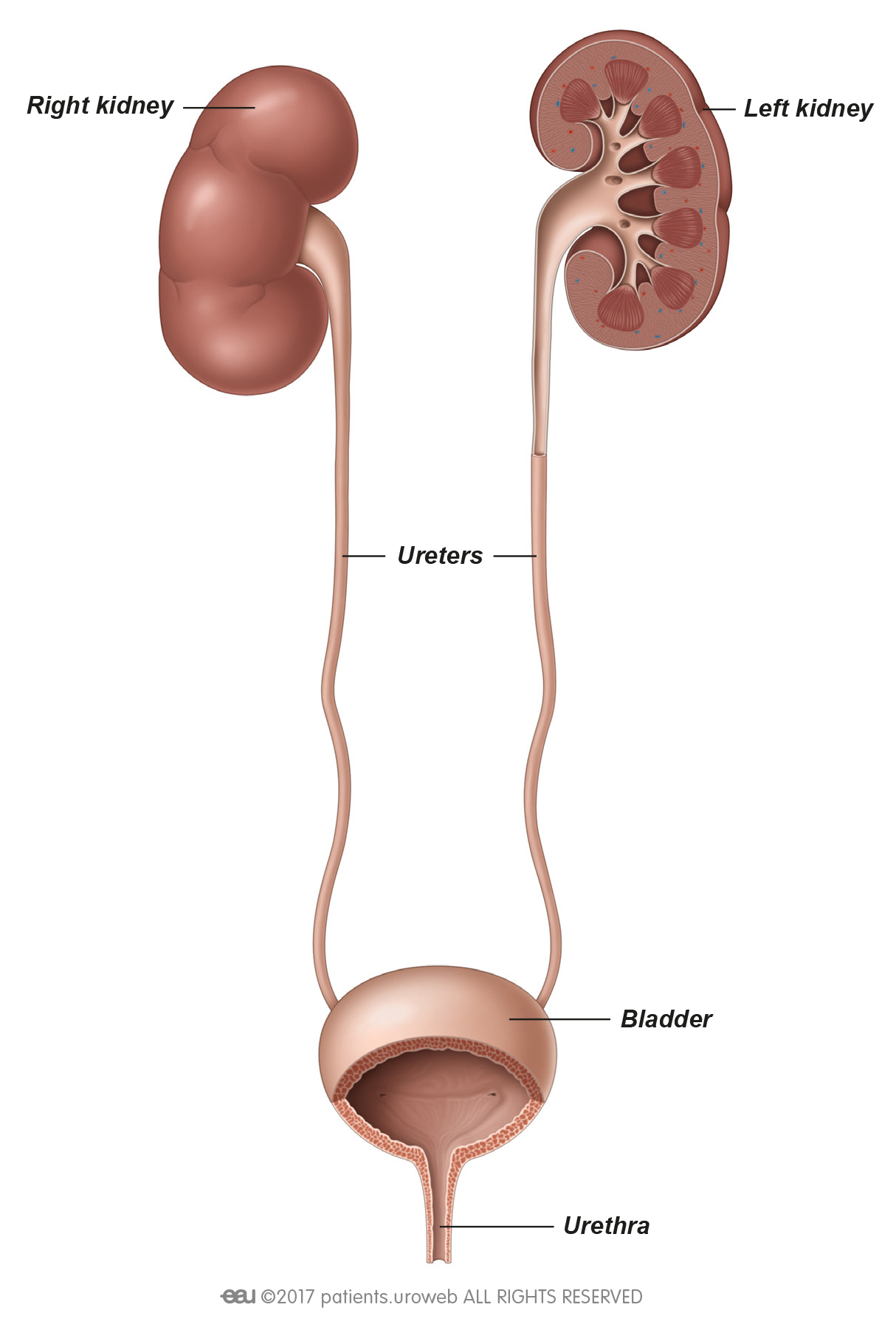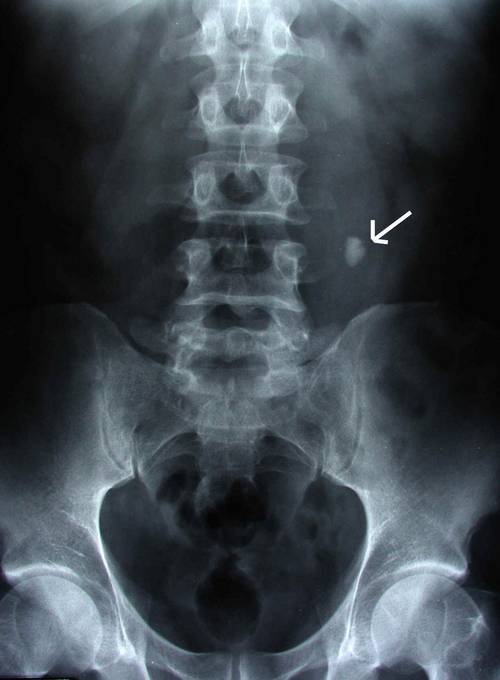Kidney and ureteral stones are a common health problem that affects many people worldwide. These stones can cause pain, discomfort, and even lead to serious complications if left untreated. It is essential to seek medical attention if you experience any symptoms or if you suspect that you may have kidney or ureteral stones. The first step to understanding how to prevent and treat kidney and ureteral stones is to learn more about their anatomy and causes. The kidneys are responsible for filtering the blood and removing waste products from the body. The ureters are tubes that connect the kidneys to the bladder, allowing urine to pass from the kidneys to the bladder. When the concentration of certain substances in the urine, such as calcium or oxalate, is too high, they can form crystals that clump together and cause stones. Kidney stones can range in size from tiny grains of sand to golf ball-sized stones that can block the ureter and cause severe pain. Treatment for kidney and ureteral stones depends on the size and location of the stone, as well as the severity of the symptoms. Small stones may pass through the urinary tract on their own and can be managed with pain medication and increased fluid intake. Larger stones may require surgical intervention to remove them. If you experience any symptoms of kidney or ureteral stones, such as severe pain in the back, side, or lower abdomen, nausea or vomiting, blood in the urine, or fever, it is essential to seek medical attention immediately. Your healthcare provider can perform tests and imaging studies to diagnose the presence of stones and recommend appropriate treatment options. Prevention is key when it comes to kidney and ureteral stones. Maintaining a healthy diet and lifestyle can help reduce your risk of developing stones. Drinking plenty of water and staying hydrated can help dilute urine and prevent the formation of crystals. Avoiding salty and high-protein foods, as well as limiting the intake of oxalate-rich foods such as spinach, beets, and nuts, may also help prevent stones. In conclusion, kidney and ureteral stones are a common health problem that can cause discomfort and lead to serious complications if left untreated. Seeking medical attention if you experience any symptoms is crucial. Understanding the anatomy and causes of stones, as well as prevention strategies, can help reduce the risk of developing stones and improve overall health and wellbeing.
If you are searching about Ureteral calculi you've visit to the right place. We have 6 Pics about Ureteral calculi like Kidney and ureteral stones - Patient Information, Kidney Stone or Calculus - YouTube and also Ureteral calculi. Here it is:
Ureteral Calculi
 www.lookfordiagnosis.com
www.lookfordiagnosis.com calculi ureteric ureteral lower
Kidney And Ureteral Stones - Patient Information
 patients.uroweb.org
patients.uroweb.org kidney ureteral urinary tract uroweb
Clinical Anatomy Of Ureter | Medchrome
 medchrome.com
medchrome.com ureter calculi ureteric stone ray lateral ureteral left spine anatomy medchrome clinical
Renal Calculi : Cure Through Ayurveda.
 ayurvedahclub.blogspot.com
ayurvedahclub.blogspot.com kidney stones stone renal calculi ureter sites urology ayurveda causes location types dr depending upon yahoo
Kidney Stone Or Calculus - YouTube
 www.youtube.com
www.youtube.com kidney calculus stone
Cochinblogs: Sonography Of A Case Of Distal Ureteral Calculus
 cochinblogs.blogspot.com
cochinblogs.blogspot.com calculus ureteral cochinblogs ureter twinkling lastly doppler produced artefact showing colour clear very right
Calculi ureteric ureteral lower. Kidney ureteral urinary tract uroweb. Ureter calculi ureteric stone ray lateral ureteral left spine anatomy medchrome clinical
 patients.uroweb.org
patients.uroweb.org  medchrome.com
medchrome.com  ayurvedahclub.blogspot.com
ayurvedahclub.blogspot.com  www.youtube.com
www.youtube.com  cochinblogs.blogspot.com
cochinblogs.blogspot.com
Keine Kommentare:
Kommentar veröffentlichen